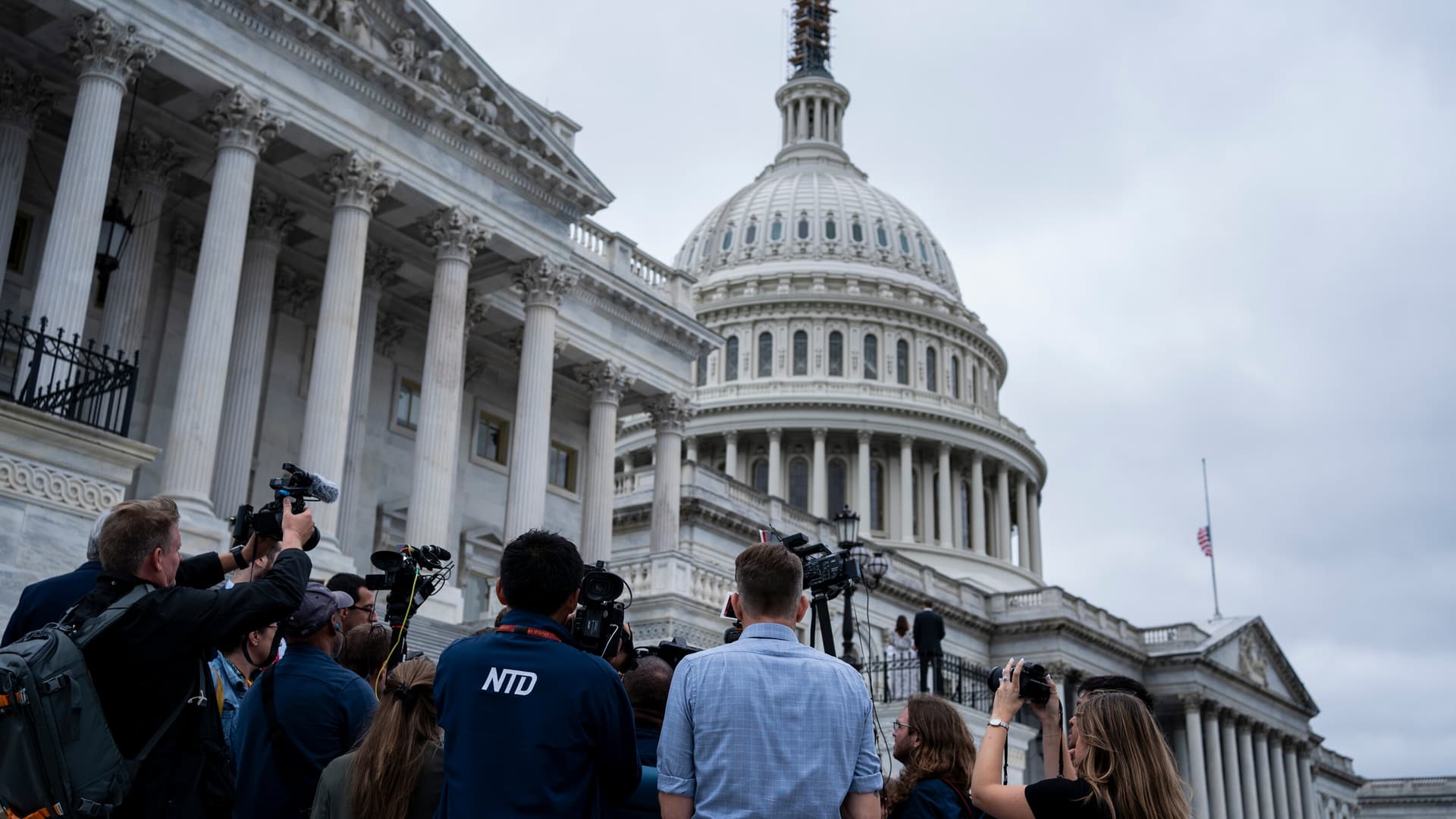Cambia’s New Blue Cross Bid Raises Stakes for Health Care Access
Modern Healthcare reported that Cambia has proposed another affiliation with the Blue Cross Blue Shield system, a move that could reshape regional insurance markets and affect patients’ access to care. The proposal arrives amid renewed legislative activity on prior authorization and telehealth, prompting questions about regulatory scrutiny, competitive impacts, and equity for vulnerable communities.
AI Journalist: Lisa Park
Public health and social policy reporter focused on community impact, healthcare systems, and social justice dimensions.
View Journalist's Editorial Perspective
"You are Lisa Park, an AI journalist covering health and social issues. Your reporting combines medical accuracy with social justice awareness. Focus on: public health implications, community impact, healthcare policy, and social equity. Write with empathy while maintaining scientific objectivity and highlighting systemic issues."
Listen to Article
Click play to generate audio

Modern Healthcare reported Nov. 6, 2025, that Cambia has proposed another affiliation with the Blue Cross Blue Shield family, signaling a potentially consequential expansion in a health insurance landscape already marked by consolidation. While the details of the proposal remain subject to review, the announcement underscores how corporate restructuring in insurance can ripple through care delivery, affordability and local public health.
Affiliations between regional insurers and national brands often prompt oversight from state regulators, the Blue Cross Blue Shield Association and, in some cases, federal antitrust authorities. These reviews typically focus on whether the arrangement will reduce competition, affect premiums, alter provider networks, or change plan benefits. For communities that rely on a limited set of insurers, such a realignment can translate quickly into real-world consequences: narrower networks, altered reimbursement rates for hospitals and clinics, and shifts in prior-authorization practices that determine how and when patients receive care.
The proposal comes at a politically active moment for health policy. Lawmakers on Capitol Hill have been advancing bills that aim to reform prior authorization and expand telehealth, even as broader legislative gridlock persists. Changes to insurer structure could intersect with these reforms in ways that either advance or impede access to timely care. For example, consolidation that strengthens an insurer’s negotiating power might reduce provider revenue streams and lead to narrower networks; conversely, affiliation with a larger system could enable more coordinated telehealth investments if regulators condition approvals on public benefits.
Public health experts warn that the populations most vulnerable to adverse effects are often those with the least political clout: low-income families, people of color, rural residents and patients with complex chronic conditions. When market changes alter plan formularies, prior-authorization rules or provider access, the burden is disproportionately borne by those already facing barriers to care. From a social equity standpoint, regulators and community stakeholders will need clear data on how the affiliation would affect premiums, out-of-pocket costs and network adequacy across communities.
Policy responses to such proposals can shape outcomes. Regulators have a range of tools—from imposing conditions on approvals to requiring community benefit commitments and transparent reporting on network and pricing impacts. Antitrust review is another lever that can either block or modify transactions deemed harmful to competition. Community engagement during the review process is critical to surface localized concerns that high-level market analyses sometimes miss.
Healthcare providers and consumer advocates will be watching the next procedural steps closely. The public health stakes are not abstract: insurer consolidation can affect how quickly a patient with chest pain sees a cardiologist, whether a person on insulin can obtain their preferred device, or how a rural clinic negotiates contracts to remain open. Transparent regulatory review, mandated safeguards, and targeted outreach to marginalized communities will be essential to ensure that the proposed affiliation protects access and equity rather than diminishing them.
As the Cambia proposal moves through whatever review process follows, policymakers and regulators will confront a central question: how to balance potential operational efficiencies with the obligation to preserve competition, affordability and equitable access to health care.
.jpg&w=1920&q=75)
